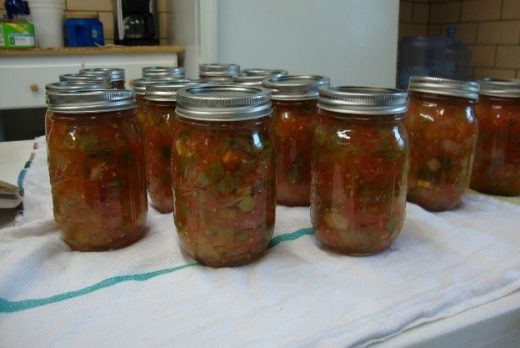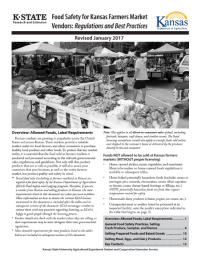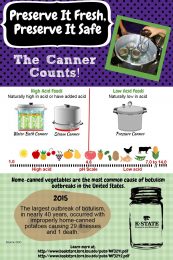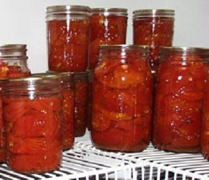 Join us for a full day of hands on food preservation! This workshop is for beginners and experienced canners who are wanting to brush up on current methods. Participants will gain experience water bath & pressure canning, preserving their own salsa, vegetables, jams &jellies, and drying herbs! Lunch will be provided and door prizes will be awarded throughout the day, you won’t want to miss this.
Join us for a full day of hands on food preservation! This workshop is for beginners and experienced canners who are wanting to brush up on current methods. Participants will gain experience water bath & pressure canning, preserving their own salsa, vegetables, jams &jellies, and drying herbs! Lunch will be provided and door prizes will be awarded throughout the day, you won’t want to miss this.
The workshop will be held at the Cawker City United Methodist. Registration is due August 2nd along with $25 registration fee. A minimum of 10 participants required to hold the workshop. Please call (785) 524-4432 for more information.
Food Preservation Workshop flier is available here
By: Ashley Svaty


 Join us for a food preservation workshop in Lincoln on May 1st! If you are interested in preserving your own food, you will not want to miss out on this fun filled day. This workshop will be taught by Karen Blakeslee, Rapid Response Coordinator along with Ashley Svaty.
Join us for a food preservation workshop in Lincoln on May 1st! If you are interested in preserving your own food, you will not want to miss out on this fun filled day. This workshop will be taught by Karen Blakeslee, Rapid Response Coordinator along with Ashley Svaty.
